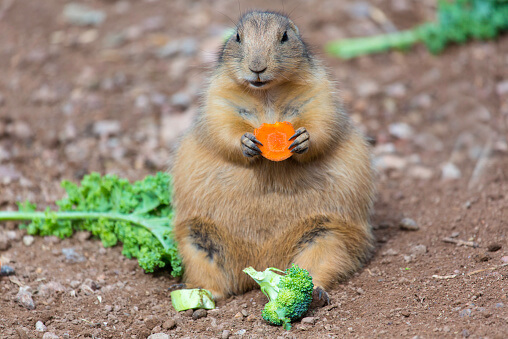
How the Right Fencing Can Keep Your Garden Pest-Free
While wild animals can be fun to observe in your yard, there’s nothing more frustrating than when they get into your garden and start munching away at the fruits of your labor. Repellents, traps, and scare devices can help discourage hungry critters, but the only effective way to keep them away from your plants and vegetables is with a garden fence. You will need to choose your fence height and design based on the specific critters you are dealing with.
Basically, the size and type of fence you are going to want to install will depend on the kind of animal you’re trying to keep out of your garden. For instance, while a two-foot high fence might keep rabbits out, it will do very little if anything for deer and raccoons. Here are some guidelines for finding the most effective fencing to keep your garden pest-free.
- Rabbits and Domestic Pets (Cats and Dogs): To discourage rabbits, cats, and dogs, the general rule of thumb is to have a fence installed that’s around 3 feet tall. For extra protection, bend the mesh base of the fence outward to form an L-shaped apron along the ground so that rabbits and dogs can’t dig underneath either.
- Burrowing Animals (Gophers, Chipmunks, and Moles): This group of animals will go for the roots, which is why at the fence needs to be installed 2 to 3 feet underground at minimum. It’s recommended that you extend the mesh sides around 2 feet aboveground to keep them out as well.
- Diggers and Climbers (Raccoons, Opossums, and Woodchucks): Animals in this category are able to both dig and climb, making it particularly tricky to keep them out. The best strategy is to have a 4-foot tall wire fence installed, with the top 1.5 feet unattached to any posts, making any climbing attempt very difficult. Likewise, there should be 2 feet of buried apron to prevent them from burrowing as well.
- Deer: Deer are both large and notably athletic, which means they are able to jump most fences. Thus, if it’s deer you need to keep out, you’ll want a fence that is between 8 to 10 feet high. To make it foolproof, the fence should jut out from the garden at a 45-degree angle, as deer are deterred by this type of design. The fence also needs to be low to the ground, as deer are known for attempting to wiggle under fences as well.
When choosing garden fencing, you’ll also need to consider cost and appearance. While wooden fencing is attractive, it’s also expense. Wire fencing tends to be less costly but aren’t as attractive to look at.